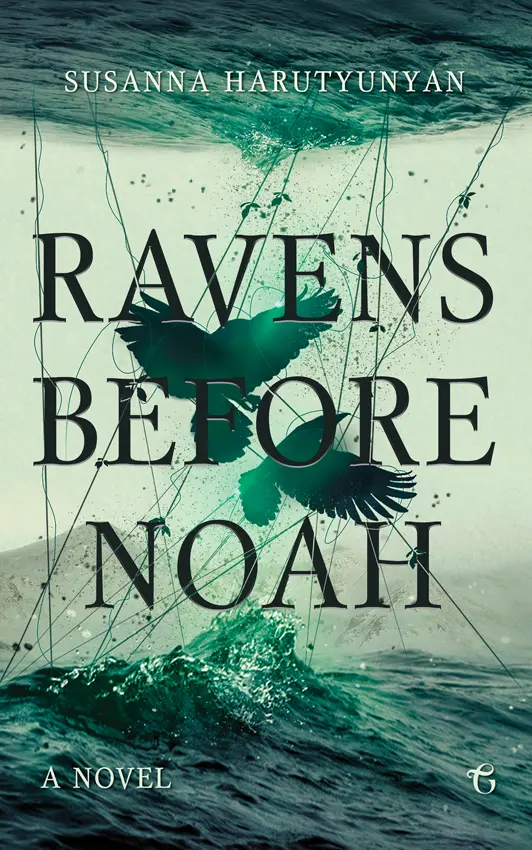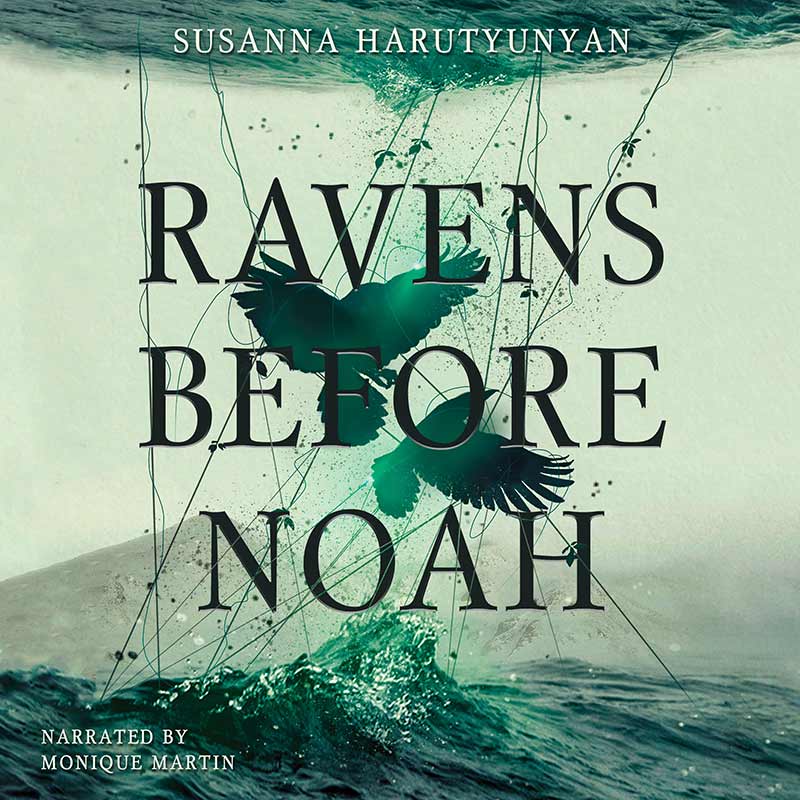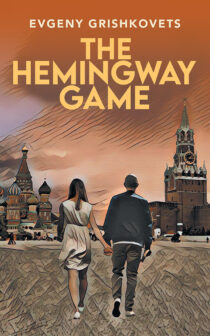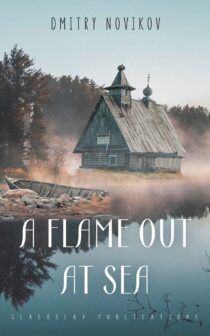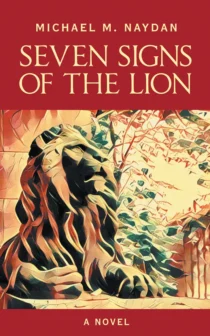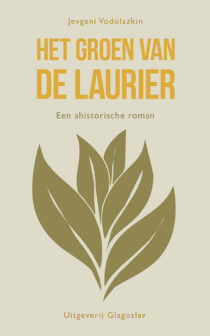Ravens before Noah
Price range: €9.95 through €24.99
Author: Susanna Harutyunyan
Translator: Nazareth Seferian
Narrated by: Monique Martin
This novel is set in the Armenian mountains sometime in 1915-1960. An old man and a new born baby boy escape from the Hamidian massacres in Turkey in 1894 and hide themselves in the ruins of a demolished and abandoned village. The village soon becomes a shelter for many others, who flee from problems with the law, their families, or their past lives. The villagers survive in this secret shelter, cut off from the rest of the world, by selling or bartering their agricultural products in the villages beneath the mountain.
This novel is set in the Armenian mountains sometime in 1915-1960. An old man and a new born baby boy escape from the Hamidian massacres in Turkey in 1894 and hide themselves in the ruins of a demolished and abandoned village. The village soon becomes a shelter for many others, who flee from problems with the law, their families, or their past lives. The villagers survive in this secret shelter, cut off from the rest of the world, by selling or bartering their agricultural products in the villages beneath the mountain.
Years pass by, and the child saved by the old man grows into a young man, Harout. He falls for a beautiful girl who arrived in the village after being tortured by Turkish soldiers. She is pregnant and the old women of the village want to kill the twin baby girls as soon as they are born, to wash away the shame…
This book was published with the support of the Ministry of Culture of the Republic of Armenia under the “Armenian Literature in Translation” Programme.
| Dimensions | N/A |
|---|---|
| Author | Susanna Harutyunyan |
| Pages | 138 pages |
| Publication date | 19th December 2019 |
| Book Format | Hardcover, Paperback, EPUB, Kindle, PDF |
Translator
Nazareth Seferian has been translating Armenian literature to English since 2011. A native English speaker, Nazareth was born in Canada and grew up in India, before moving to Armenia in 1998, where he now resides. His published translations include the novel Yenok’s Eye by Gurgen Khanjyan in 2012 and the collection of short stories The Clouds of Mount Maruta by Mushegh Galshoyan in 2015. The Armenian literary anthology Makukachu, published in 2016, contained Nazareth’s translations of stories by Ani Asatryan, Anna Davtyan, Vahe Budumyan, Byurakn Ishkhanyan, Nara Vardanyan, and others. Nazareth’s translation of Nara Vardanyan’s Amour was featured among works by 14 Eastern European authors in Trafika Europe: Essential New European Literature, Volume 1, published in 2016. He translated the collection Stories from Armenia, written by Artavazd Yeghiazaryan and published in 2018 as part of a cultural project funded by the European Union. Nazareth’s work was also part of a collection of the translations of Armenian literary giant Hovhannes Tumanyan, published on the occasion of the writer’s 150th anniversary in 2019. Among pieces that are awaiting publication, Nazareth Seferian has translated short stories and other pieces by contemporary Armenian authors such as Areg Azatyan, Levon Shahnur, and Hamlet Melkumyan. In 2019, for Glagoslav Nazareth will translate several works by contemporary Armenian authors, including Jesus’ Cat by Grig, Robinson by Aram Pachyan, and The Door was Open by Karine Khodikyan.
Endorsements and Review Quotes
“While Harutyunyan is technically a realist writer, there is something mythical about her characters, so extreme are they. They have been deformed, stretched out, bent if you will, by history and by the veritably strange lives that their isolation and village ways have imposed on them.” Christopher Atamian, The Armenian Mirror-Spectator
“[I]t is a compelling read, with the eternal story of displacement and dispossession at its heart. The young woman becomes emblematic of women’s sufferings in war and the stigma and shame they are forced to carry as a result of male violence and societal prejudice. A valuable insight into Armenian history and culture.” Mandy Jenkinson, Historical Novel Society
“The writing [in Ravens before Noah is] filled with poetic imagery which was beautiful to read.” Vishy’s Blog
